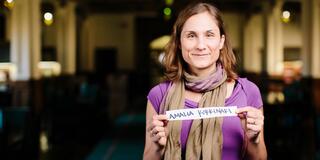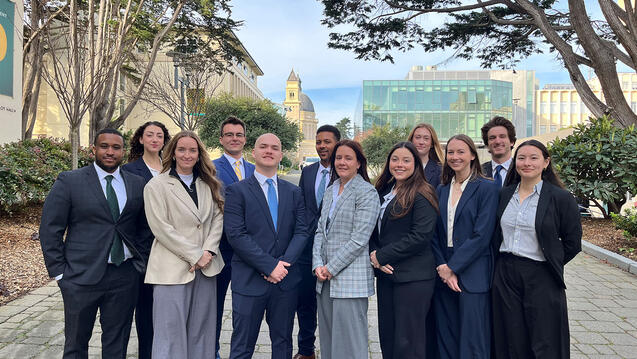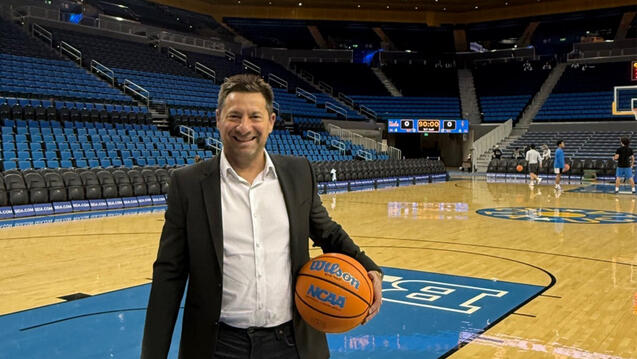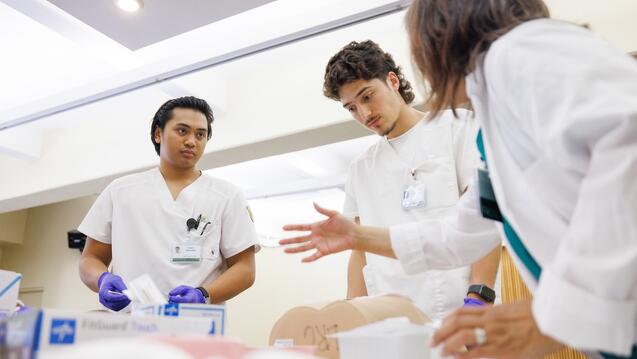Meet Your Professor: Amalia Kokkinaki

The assistant professor of environmental science talks about diversity, carbohydrates, and becoming a better person.
Which courses do you teach?
Elementary Data Analysis, Advanced Data Analysis, Environmental Chemistry, Water Treatment, Groundwater Remediation, Environmental Risk Assessment.
What was your first job as a teenager?
I worked at a welcome center for a hotel.
What brings you here?
I love teaching, and I knew I wanted to be at a place where there is an emphasis on teaching and learning in addition to academic research. USF is a great teaching university, and I find that it’s a unique place because of its commitment to helping others. Also, I like having smaller classes, interacting with students and getting to know each as a person, not just as a student ID.
What’s something that would surprise people about environmental science?
How interdisciplinary and diverse it is. Within this major, you’ll find yourself studying biology, physics, chemistry, policy, law, social science. It really combines a lot of different fields, and this is how we are able to give our graduates a holistic view of the state of our environment and the tools to pursue solutions to environmental problems.
What are the “aha” moments for environmental science majors?
When seniors are taking a capstone course and are doing research at the same time, they start to understand the connection between everything they’re learning and how all of their courses are actually related. With these different skills, you can go out in the field and tackle complicated problems.
Favorite place in San Francisco?
Golden Gate Park.
Comfort food?
Any kind of carb.
What’s an average weekend look like for you?
On Saturday, I’m at USF all day teaching graduate classes. On Sunday, it’s 100 percent family time. We make breakfast, go on a hike with our dog, return and make lunch, and hang out the rest of the afternoon.
What's your best tip to students for online learning?
Try to keep a solid schedule as much as possible, just as you would if classes were in person. If your class is 9 to 11 a.m., dedicate that time to the class. If you socialized in the evening before the pandemic, FaceTime your friends in the evening. Keep a calendar and put everything in it. Most importantly, if you're unsure about how to do something, ask your instructor and your advisers; we are here to help.
Any other advice to incoming students?
Be excited about what’s ahead. There are so many things that you'll discover and learn about yourself. Try not to be too stressed about what’s next, or what you’re going to be doing in five years. Focus on studying and becoming a better person, and just enjoy the experience of college.
Connect with Professor Kokkinaki at akokkinaki@usfca.edu.


